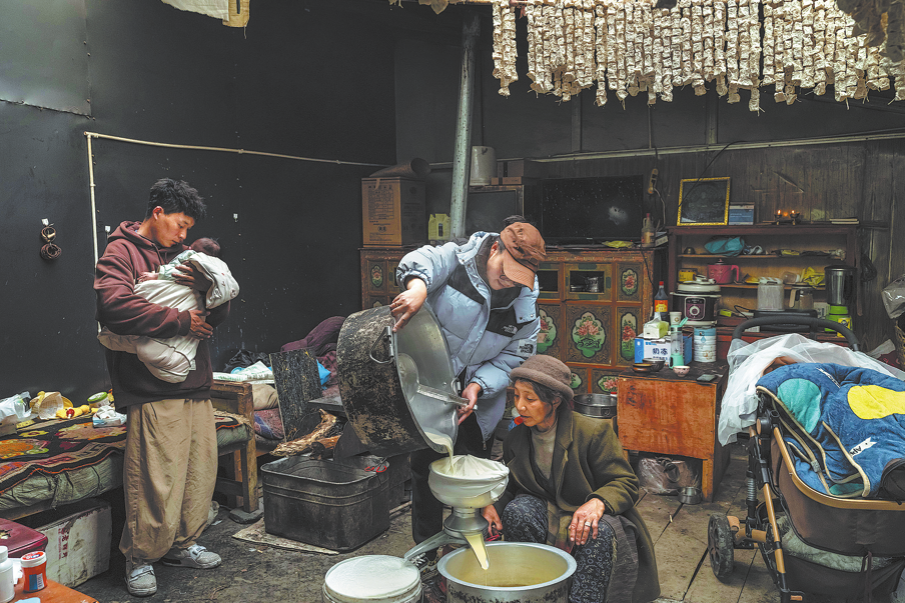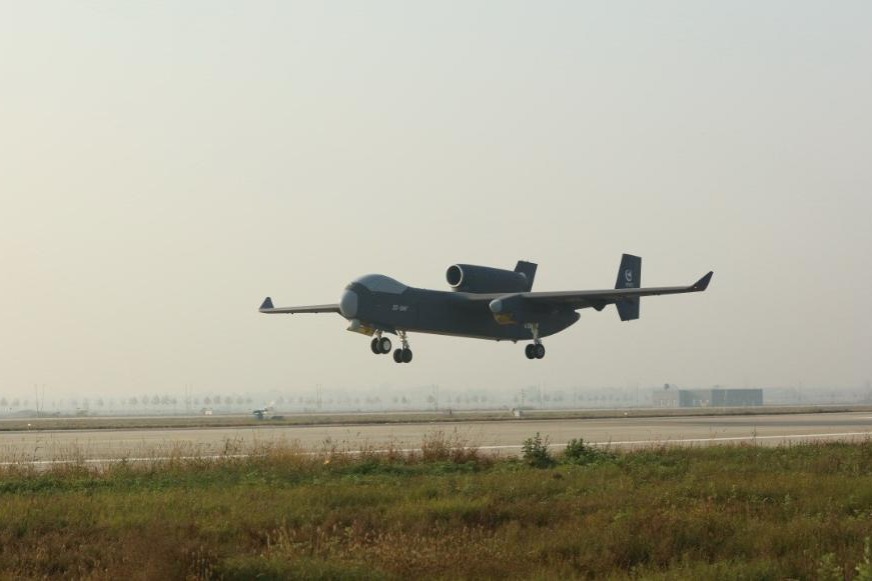Bridging Africa's neurosurgery gap

Chinese hospitals help to train much-needed specialists in effort to fill lifesaving roles
China is helping African countries to train neurosurgeons, inviting 10 doctors to the country for training each year, building hospitals in Africa and sending out volunteers, a top Chinese neurosurgeon said.
From next year on, Chinese hospitals such as Xuanwu Hospital Capital Medical University, Cheeloo College of Medicine Shandong University and Tongji Hospital Affiliated to Tongji University, will each host one neurosurgeon selected from an African country. They will have the opportunity to practice treatments and communicate with the experts in China, according to Ling Feng, one of China's leading neurosurgeons and a board member of the Geneva-based World Federation of Neurological Societies.
"As one of the most difficult medical fields, being able to train young neurosurgeons would help save a lot of lives. For some diseases - stroke, hypertension-related hemorrhaging - if you cannot offer emergency treatment, patients can die immediately," Ling said at the First Silk Road NGO Cooperation Network Forum held in Beijing recently.
After four years of training, candidates will obtain a Chinese medical specialist certificate, which is recognized by universities in Ethiopia. They will return to their original countries, countering the current "brain drain" trend in Africa, according to Ling, who is also a research professor at the Capital University of Medical Sciences in Beijing.
Algeria, Morocco, Egypt and Kenya are scheduled to participate in the project.
Ling said the program welcomes neurosurgeons, especially those who are young and have a good educational background, from all the countries in Africa.
"Usually, African neurosurgeons have a strong foundation in theory, as they get educated in American or European schools. But they lack practical experience, which the project can provide," Ling said, adding that she hopes more young doctors can go back to their own countries and serve local people.
More projects are also underway.
"We are planning to build a neurosurgeons' training center in Ethiopia. This will receive doctors from East Africa and offer courses for three to 12 months," said Ling.
Chinese medical volunteers will work for three to 12 months in the Ethiopian training center, where surgeons from East African countries can be trained as neurosurgeons.
Ling said training at home and abroad would serve as a foundation for medical science, as well as introducing a new culture of education in the surgeons' home countries. Continuation of such a culture will lead to the development of a generation of neurosurgeons and hundreds of native specialists in the medium term.
Neurosurgeons are scarce in Africa. A project dubbed "Africa 100", aiming to support neurosurgical education and tackle the workforce crisis in Africa, was launched by the World Federation of Neurosurgical Societies, the world's largest academic organization for neurological surgery, in 2011. It is expected to train 100 African neurosurgeons within 10 years.
The annual death rate in Africa due to head trauma caused by road accidents is estimated to be three times more than that for deaths from AIDS. The lack of neurosurgical care in large regions of Africa means neurosurgeons are urgently needed.
However, the pace of the "Africa 100" project is relatively slow. Due to the difficulty of studying neurosurgery and a lack of medical facilities, training just one neurosurgeon takes six years. It would therefore take a long time to accomplish the project.
Over past six years, only 24 candidates have been trained successfully and have gone on to become qualified neurosurgeons.
As part of the Belt and Road Initiative, China is stepping in to help train the next generation of neurosurgeons in African countries.
Investigative research, focusing on the medical environment in Ethiopia, was carried out in September. As the lead medical expert, Ling found that medical facilities there were far behind and there was a serious shortage of specialists, as well as other medical care workers. This made it impossible for sophisticated operations, such as neurosurgery, to be carried out.
In 2012, the Chinese Ministry of Commerce sponsored a training course on minimally invasive neurosurgery technologies and management. Over 200 doctors from 47 countries and regions attended, learning the latest neurological techniques.
Contact the writers at yandongjie@chinadaily.com.cn and zhaoruinan@chinadaily.com.cn
(China Daily Africa Weekly 12/01/2017 page3)
Today's Top News
- China holds Central Economic Work Conference
- World Bank raises China's growth forecasts
- APEC Symposium and Informal Senior Officials' Meeting held in Shenzhen
- World Bank raises China 2025 growth forecast
- Turning export resilience into prosperity
- Policy paper on Latin America and Caribbean unveiled






























